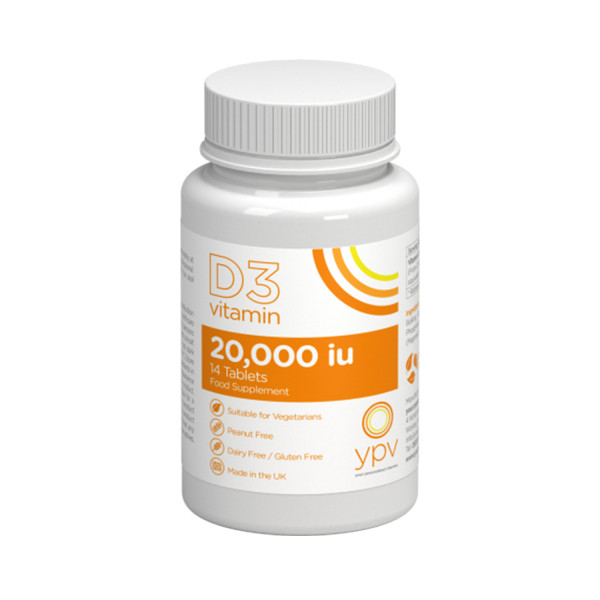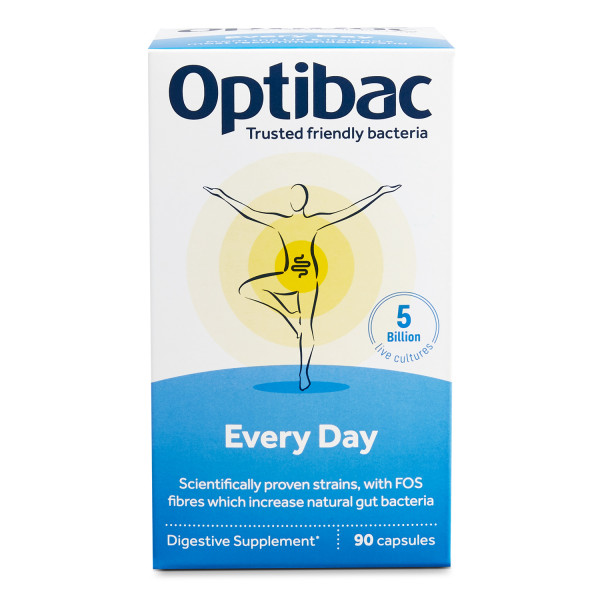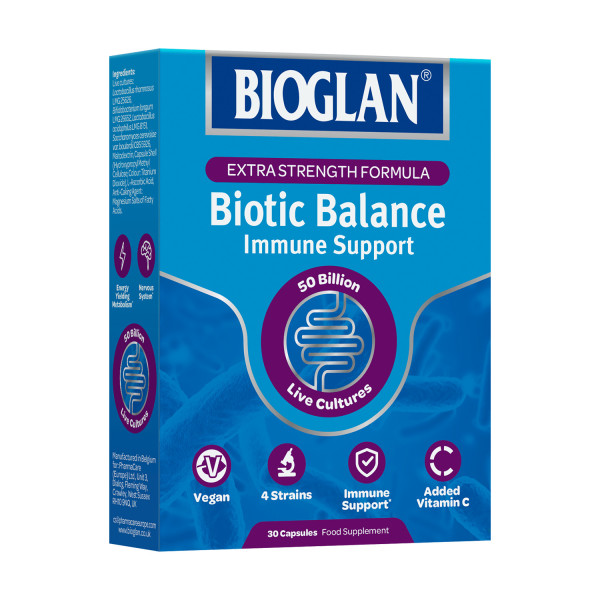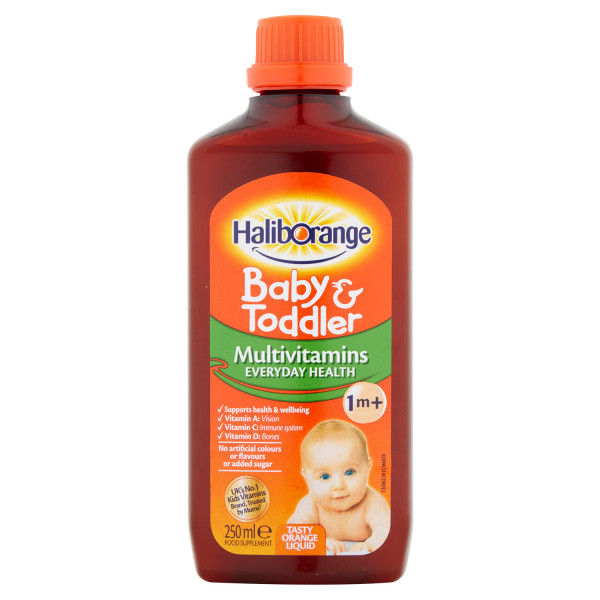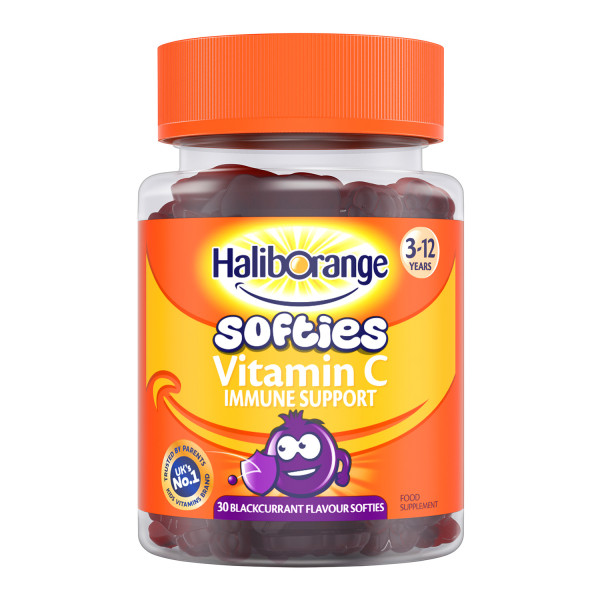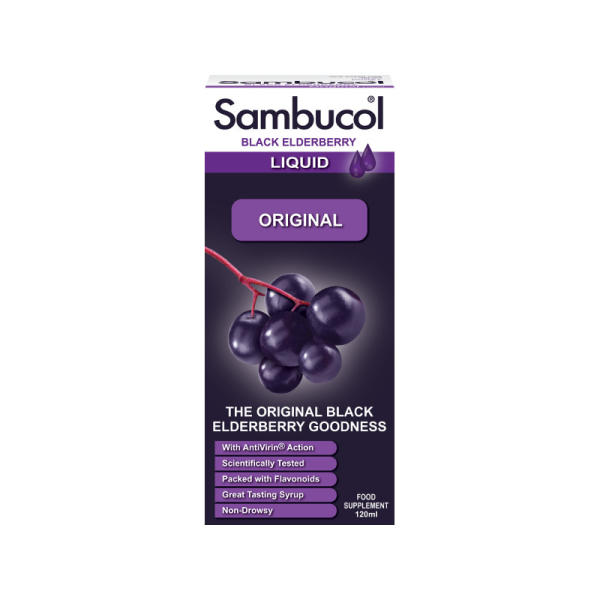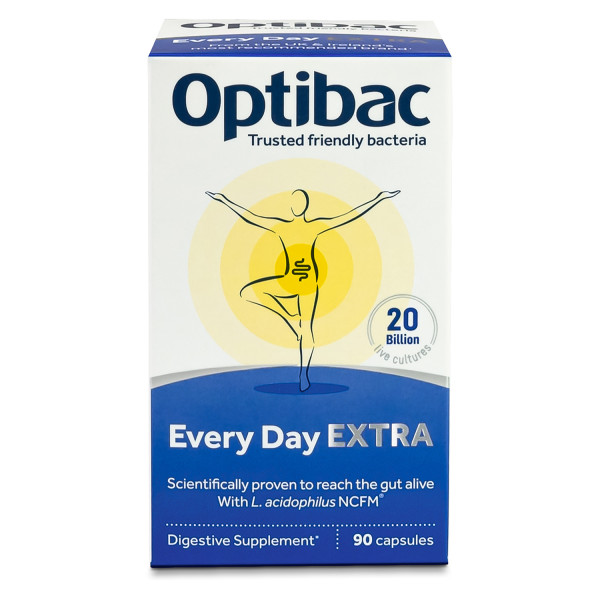- By Condition
- Medicines
- Healthcare
- Baby
- Vitamins
- Toiletries
- Skincare
- Summer Shop
- Men's
- Clearance
- By Condition
- Medicines
- Healthcare
- Baby
- Vitamins
- Toiletries
- Skincare
- Summer Shop
- Men's
- Clearance
What are the benefits of OptiBac Probiotics For Every day ?
- Each capsule contains 5 billion live cultures 88mg of Fructooligosaccharide (FOS) fibres and the billions count is guaranteed until end of expiry.
- Does not require refrigeration
- Scientifically proven to pass through stomach acidity and survive to reach the gut.
- Complements your natural gut bacteria.
- Easy-to-take capsule
- Suitable for: vegetarians, women during pregnancy and gluten free for those with coeliac disease or an intolerance.
- Suitable from 1 year onwards. For those unable to swallow capsules open and mix contents with cool food/drinks.
- No added sugars
- Free from artificial flavourings or colourings that may be found in other food & drinks containing live cultures.
- Optibac have reduced the plastic in this packaging by 96%. And no longer use plastic containers
- From the UK's most trusted & recommended brand of friendly bacteria supplements. As determined in an independent survey of 1000 British women .
Ingredients Stabiliser: potato starch Live cultures: Lactobacillus rhamnosus Rosell-11, Lactobacillus acidophilus/helveticus Rosell-52, Bifidobacterium longum Rosell-175, Bifidobacterium breve Rosell-70, Bifidobacterium bifidum Rosell-71, Lactococcus lactis Rosell-1058; Fructooligosaccharides (FOS 88mg) Vegetarian capsule: hydroxypropyl methylcellulose Anti-caking agent: vegetable magnesium stearate; antioxidant: ascorbic acid Each capsule guarantees 5 billion live cultures 88mg FOS fibres.
Suitability Vegetarian Gluten free Yeast free Free from artificial flavourings, colourings and preservatives No chemicals or parabens No added sugars GMO free Suitable during pregnancy Suitable during breastfeeding Suitable for vegetarian diets. Dairy is not an ingredient. However, it is used in production. Any minute traces would not affect those with lactose intolerance.
Following the taxonomic updates advised by a global team of scientists and published in April 2020, a reclassification has been proposed for the L. rhamnosus sp
You May Also Like
